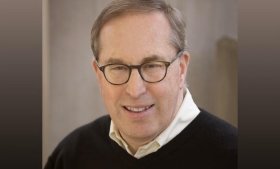News & Stories
The stories of the Faculty of Arts and Sciences: the achievements and activities of our faculty, departments, and programs.
Search & Filter
Applied Filters:
-
In a Q&A, astrophysicist Chiara Mingarelli explains how black hole mergers and quasars are helping lay the groundwork for detecting a network of gravitational waves.
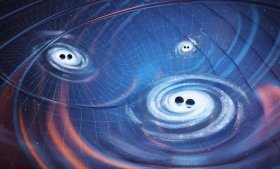
-
Every Fourth of July, Carnegie Corporation of New York celebrates remarkable Americans — all naturalized citizens — who have enriched and strengthened our democracy through their actions and contributions.

-
Each spring the Graduate School of Arts and Sciences recognizes professors from each of four divisions who provide “superb teaching, advising, and mentoring” to Yale students.
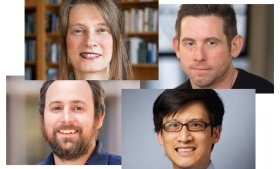
-
Two members of the Yale faculty — Sarah Demers, a professor of physics in the Faculty of Arts and Sciences, and Christine Hayes, Sterling Professor Emeritus of Religious Studies — were awarded the William Clyde DeVane Award for outstanding scholarship and undergraduate teaching by Yale’s chapter of Phi Beta Kappa last week during its annual reception for Yale seniors.
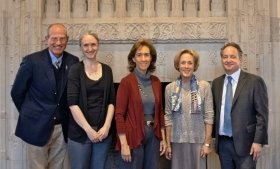
-
Sam Raskin, James E. English Professor of Mathematics, was awarded a 2025 New Horizons in Mathematics prize from the Breakthrough Prize Foundation. Six Yale physicists were also honored for their work on international scientific experiments.
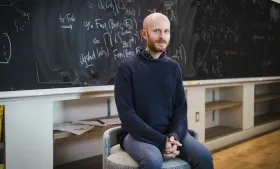
-
In a new study, Yale physicists demonstrate a new way to manipulate quasiparticles —quantum objects often used to study cutting-edge quantum technology concepts.

-
Helen Caines, Horace D. Taft Professor of Physics and a member of Yale’s Wright Lab, was recently elected the Vice-Chair of the 2025 Executive Committee for the American Physical Society Division of Nuclear Physics.
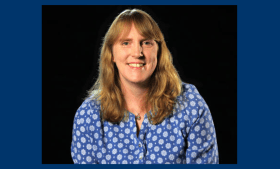
-
Natarajan has also been honored with a 2025 Suffrage Science Award from the MRC Laboratory of Medical Sciences in the UK for her pioneering contributions to astrophysics.
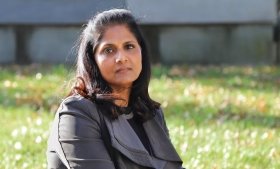
-
Yale’s Amir Haji-Akbari, Tristan Geiller, Ian Moult, and Shreya Saxena have received 2025 Sloan Research Fellowships, which recognize outstanding early-career scientists and scholars.
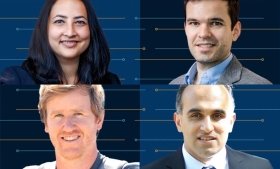
-
Yale theoretical physicist A. Douglas Stone is the first Yale faculty member to win the Max Born Award for excellence in optics research.
